Menopause Itching: Causes, How To Get Rid Of It, & Prevention
Learn the underlying reasons of menopause-related itching and explore effective remedies
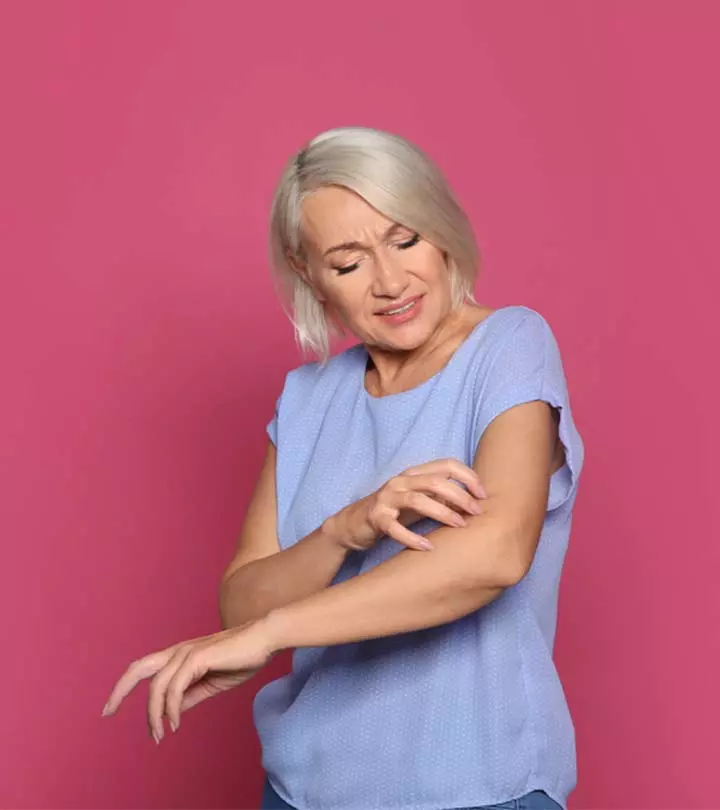
Menopause symptoms are diverse and are mostly caused by hormonal changes in the body. One such symptom is itchy skin, which is medically known as pruritus (1). But, what causes menopause itching?
Hormonal imbalances, especially fluctuating estrogen levels, cause this type of itching. Menopause itching can manifest itself in several areas of the body. While certain medications and home remedies can help you treat it, you can also cultivate certain habits to help control and prevent it. Keep reading to learn everything there is to know about menopause itching, its causes and types, and how to avoid it.
In This Article
What Causes Itching During Menopause?
The body goes through many hormonal changes during menopause. One such hormonal change is the decline in estrogen levels. Estrogen is vital for a number of functions, including skin health. It helps the body retain its natural moisture.
It helps wounds heal and improves barrier function – that is, it strengthens the outermost later of skin and keeps it healthy (2). It also aids the body in producing natural oils and collagen. Natural oils keep the skin hydrated. Collagen and elastin (skin proteins) keep the skin firm and elastic (3).
Thus, estrogen is indirectly responsible for keeping your skin strong, hydrated, and tight. When these estrogen levels drop, your skin becomes thinner, drier, and itchy.
Menopause itching is of different types. Check them out in the following section.
Key Takeaways
- Skin itching, paresthesia, formication, and genital itching are the types of menopause itching.
- Stay hydrated, exercise, avoid scratching, wear comfortable clothes to prevent menopausal itching.
- Colloidal oatmeal, cool compress, moisturizer, vitamin C, and phytoestrogens can reduce or control menopause itching.
What Are The Types Of Itching During Menopause?
Besides dry and itchy skin, menopause can also cause skin rashes and acne. You might experience hyperpigmentation, which is a change in the color of your skin, or wrinkling due to dryness and reduced elasticity. Let us take a closer look at the types of itching one might experience during menopause.
1. Skin Itching
Some of the most common areas you may experience itchy skin are the elbows and the T-zone, that is, your forehead and nose area. You might also experience itchy skin on your limbs, neck, chest, back, armpits, scalp, and the area around your ears.
2. Paresthesia
Some women also experience a “pins and needles” sensation. This condition is called paresthesia (4). It is an abnormal sensation characterized by tingling, prickling, chilling, burning, or numbness in the fingers and toes.
3. Formication
Another condition some women are known to experience during menopause is formication. It is a sensation of insects crawling on or under the skin.
4. Genital Itching
Along with skin dryness and itchiness, women may also experience vaginal dryness and itching. If you were already experiencing vaginal dryness, it may get worse during menopause. The fall in estrogen level during menopause causes the vaginal tissues to dry out. Dry vaginal tissues make the walls of the vagina thinner, which leads to inflammation. This condition is known as vaginal atrophy or atrophic vaginitis (5). Inflammation causes discomfort and itching around the vulva and labia. This is known as vaginal itching or vulvar pruritus. Women who experience vaginal itching might also feel a painful or burning sensation while urinating.
A multicenter cross-sectional study involving 747 women aged 40–55 aimed to assess the prevalence of vaginal atrophy (VA). Results revealed a 36.8% VA diagnosis, varying from 19.2% (40–45 years) to 53.8% (52–55 years). Vaginal dryness (64.0%) was the most common symptom, while the incidence of itching and burning stood at 38.5% and 38.3%, respectively.
Find out how to treat menopause itching in the next section.
Is It Possible To Get Rid Of Menopause Itching?
The good news is that it is possible to reduce or control menopause itching with the help of some home remedies. Check them out below.
I. Home Remedies
1. Colloidal Oatmeal
Ground oat grain is known as colloidal oatmeal. It is rich in vitamins, proteins, fats, and minerals that help to soothe dry, irritated skin. Its anti-inflammatory and antioxidant properties make it a valuable skin protector, especially during menopause (6).
Colloidal oatmeal is a fine powder that can be dissolved in water and applied to the skin to relieve itching. Alternately, it can be added to warm bath water that you can soak in for some time. Then, wash it off with lukewarm water and gently pat your skin dry.
2. Cool Compress
A cool compress is one of the quickest and easiest ways to soothe irritated skin. You can wrap a cool towel around the area that is itchy or keep it covered overnight if the itchiness keeps you awake. Using a soft, clean cotton towel is preferable to avoid further irritation.
 Quick Tip
Quick Tip3. Moisturizer
Moisturize your skin regularly to retain its natural moisture and prevent it from getting dry. Petroleum jelly is one of the simplest yet best moisturizing options. Calamine lotion, coconut oil, or aloe vera-based gels and creams also help to lock in the moisture and soothe irritated skin. It is best to moisturize immediately after you take a shower.
4. Vitamin C
Vitamin C helps to create collagen, which keeps the skin stay elastic and hydrated (7). You can increase the level of vitamin C in your body through natural means by eating citric fruits. You can opt to take supplements or use products that are applied topically. Vitamin C plays a big role in healing damaged skin and preventing dry, itchy skin.
5. Phytoestrogens
Phytoestrogens (or dietary estrogen) are naturally occurring compounds that are found in plants. Fruits, vegetables, certain grains, soy, and legumes contain phytoestrogens. Though this estrogen is slightly different from the estrogen produced by your body, it binds itself to estrogen receptors and works in the same way to produce collagen and natural oils (8). The efficiency of using phytoestrogens for menopause itching is still being researched. Its benefits are similar to Hormone Replacement Therapy, while its side effects are lesser.
II. Medication
When you have tried home remedies, and they fail to give relief or the itching worsens, it is time to consult a doctor to treat menopause itching. Some of these medications may be available over the counter, while others may require prescriptions.
1. Anti-Itch Medication
Mild steroidal creams can be available over the counter or require a prescription by your doctor. They are applied directly to the affected area.
Note: If you are using steroidal creams, be mindful of using them only for a short duration (9). While they go a long way in soothing irritated and itchy skin, they can also be harmful and cause the skin to blister, redden, or become thin if used for more than a week.
2. Steroid Creams
Steroid creams alleviate menopausal itch with their anti-inflammatory agents that suppress the immune response causing itching. When applied topically, these creams reduce redness, swelling, and irritation in the affected areas. The steroids hinder the production of inflammatory chemicals, providing prompt relief from itching associated with hormonal changes during menopause (10). It is important to use these creams under medical supervision, adhering to prescribed dosages and durations, to avoid any accidental flare-ups.
3. Anesthetic Creams
Anesthetic creams manage menopausal itch by numbing the skin and inhibiting nerve signals that transmit itchiness. These creams, often containing ingredients like lidocaine or pramoxine, provide rapid relief by desensitizing the affected area when applied topically and reduce the perception of itching (11).
4. Over-The-Counter Medications
Hydrocortisone creams are available over the counter and work well to soothe dry, irritated skin. They should contain at least 1% hydrocortisone.
Anesthetic creams, as the name suggests, help to numb irritated skin and provides relief for a short while. These creams should never be used on broken skin as they can aggravate the condition.
Though antihistamines are usually used in cases of allergies, they can also be used to soothe itchy skin. Antihistamines may be available as creams or as drugs.
5. Prescription Medications
You can also use corticosteroids available as gels, lotions, creams, or aerosols. However, they need to be prescribed by a doctor.
III. Herbal Supplements
Herbal supplements also provide relief from itching. While they aid the body in producing hormones naturally, always use them only after a consultation with a doctor. Here are some herbal supplements that are useful during menopause:
- Soy extract is useful in treating a variety of symptoms during menopause.
- Neem creams may reduce menopause itching.
- Dong Quai may increase levels of estrogen for a short while.
- Maca root may aid the body in producing hormones.
- Zinc supplements may increase collagen, thus bringing back the moisture retention and elasticity of the skin.
- However, extensive scientific research is required to prove all these benefits.
IV. Hormone Replacement Therapy (HRT)
Hormone Replacement Therapy is a treatment used to reduce the symptoms of menopause. HRT increases the levels of estrogen in the body, which, in turn, increases the production of collagen and natural oils. These do their work of keeping the skin healthy and retain moisture. Thus, the dryness and itchiness reduce.
It is important to consider HRT only after a consultation with your doctor. While HRT is extremely effective in treating menopause itching, it is also known to cause some side effects. Some of these include:
- Changes in the color of the skin
- Vaginal spotting or bleeding
- Swelling or pain in the breasts
- Bloating
- Urinary incontinence
- Increased risk of gallstones and heart disease
- Increased risk of breast and uterine cancer (10)
Wondering if you can prevent menopause itching before it occurs? Find out in the next section!
Ways To Prevent Menopause Itching
It is possible to prevent menopause itching through some dedicated skincare habits:
- Hydrate
As always, drinking plenty of water is one of the simplest and most important ways of not only flushing out toxins but hydrating your body from within. It increases the moisture in the skin and improves its condition.
- Diet
A good and healthy diet goes a long way in providing your body with essential nutrients to fight illnesses. A menopause diet, rich in omega-3 fatty acids, is conducive to the production of natural and protective skin oils (11). Fish such as sardines and salmon, eggs, walnuts, soy, and flax seeds are rich in healthy, fatty acids.
 Quick Tip
Quick Tip- Tepid Showers
Avoid having hot water baths or showers. They can be harsh on your vulnerable skin. Hot water dries out the skin and removes its natural oils. Instead, go for lukewarm or cool showers. They help to soothe itchy, irritated skin. You can use a loofah to take off some of the dry, dead skin. Pat yourself dry after your shower instead of rubbing your skin with a towel. This helps to lock in its natural moisture.
- Exercise
Regular exercise helps to regulate hormones and maintain them at their optimal balance. This, in turn, facilitates the production of collagen.
- Increase Sleep, Reduce Stress
Stress activates the release of histamine, which is known to cause itching and rashes (12). Try to get at least 7-8 hours of sleep daily and live stress-free to keep your body in good health.
- Avoid Scratching
It can be quite a challenge not to scratch itchy, irritated skin, but it is a must. Scratching your skin could break it and leave it more vulnerable to germs and infection. Trim your nails regularly and, if necessary, use gloves at night to prevent uncontrollable itching.
- Simple Skin Care Products
People often choose to use fancy, scented products on their skin. The fancier they are, the higher chance that they contain chemicals that might not agree with your skin. They rid the skin of its natural beneficial oils. Instead, choose simple, unscented products, soaps, lotions, creams, etc., which are gentler on your skin. Avoid using perfumes.
- Comfortable Clothes
It is important to let your skin breathe. Synthetic fibers and wool tend to irritate the skin that is already sensitive. Wear loose cotton clothes, especially when you have sensitive, itchy skin.
- Wear Sunscreen
The sun can be harsh and ultraviolet rays can worsen any skin conditions you already have. SPF 15 or higher is the most beneficial protection for your skin. Remember to apply sunscreen whenever you step out. Harmful UV rays are present even on cloudy, dull days.
- Avoid Alcohol And Nicotine
The ingredients in alcohol and nicotine tend to dry out the skin. They can also cause your skin to age and wrinkle faster.
Understanding how hormones affect your skin is crucial for managing menopause itching. The decrease in levels of estrogen during menopause may cause itchy skin. It is one of the more prevalent but lesser-known symptoms that women experience during and after menopause. Itching during menopause can affect any part of your body, although it is most common on the face, elbows, and genital area. While there are several home remedies for treating and reducing menopause itching, if the itching persists or worsens, it is best to see a doctor for medication. You may also adopt several healthy practices to help reduce menopause itching.
Frequently Asked Questions
What can I drink to stop itching?
Drinking plenty of water and juices of fruits and vegetables rich in vitamin C and phytoestrogens may help stop itching caused during menopause.
What are the signs of coming to the end of menopause?
The problems faced during menopause will start reducing, and your body starts functioning smoothly when you are nearing the end of menopause. Your sleep pattern and other hormonal issues may also improve. However, the signs differ from person to person.
Menopausal transition may affect self-confidence due to changes in the skin’s appearance and texture. Check the video below to explore tips and remedies to combat dryness and flakiness and treat itching during this menopause phase.
References
Articles on StyleCraze are backed by verified information from peer-reviewed and academic research papers, reputed organizations, research institutions, and medical associations to ensure accuracy and relevance. Read our editorial policy to learn more.
- Pruritus
https://www.ncbi.nlm.nih.gov/pmc/articles/PMC2924137/ - Estrogen and skin: therapeutic options
https://pubmed.ncbi.nlm.nih.gov/21714580/ - Skin anti-aging strategies
https://www.ncbi.nlm.nih.gov/labs/pmc/articles/PMC3583892/ - Paresthesia
https://www.ncbi.nlm.nih.gov/pmc/articles/PMC7678706/ - Atrophic Vaginitis
https://www.ncbi.nlm.nih.gov/books/NBK564341/#:~:text=Atrophic%20vaginitis%20is%20an%20inflammatory,made%20clinically%20based%20on%20symptoms. - Anti-inflammatory activities of colloidal oatmeal (Avena sativa) contribute to the effectiveness of oats in treatment of itch associated with dry, irritated skin
https://pubmed.ncbi.nlm.nih.gov/25607907/ - Vitamin C in dermatology
https://www.ncbi.nlm.nih.gov/pmc/articles/PMC3673383/ - The pros and cons of plant estrogens for menopause
https://www.sciencedirect.com/science/article/abs/pii/S0960076012002567?via%3dihub - Hydrocortisone for skin
https://www.nhs.uk/medicines/hydrocortisone-skin-cream/ - Dermatosis associated with menopause
https://www.ncbi.nlm.nih.gov/pmc/articles/PMC4264279/ - Management of Itch in the Elderly: A Review
https://www.ncbi.nlm.nih.gov/pmc/articles/PMC6828892/ - Risks – Hormone replacement therapy (HRT)
https://www.nhs.uk/medicines/hormone-replacement-therapy-hrt/benefits-and-risks-of-hormone-replacement-therapy-hrt/ - Healing fats of the skin: the structural and immunologic roles of the omega-6 and omega-3 fatty acids
https://pubmed.ncbi.nlm.nih.gov/20620762/ - Effects of Stress on Itch
https://pubmed.ncbi.nlm.nih.gov/32147148/
Read full bio of Dr. Usha Kiran
Read full bio of Arshiya Syeda
Read full bio of Ramona Sinha
Read full bio of Swathi E






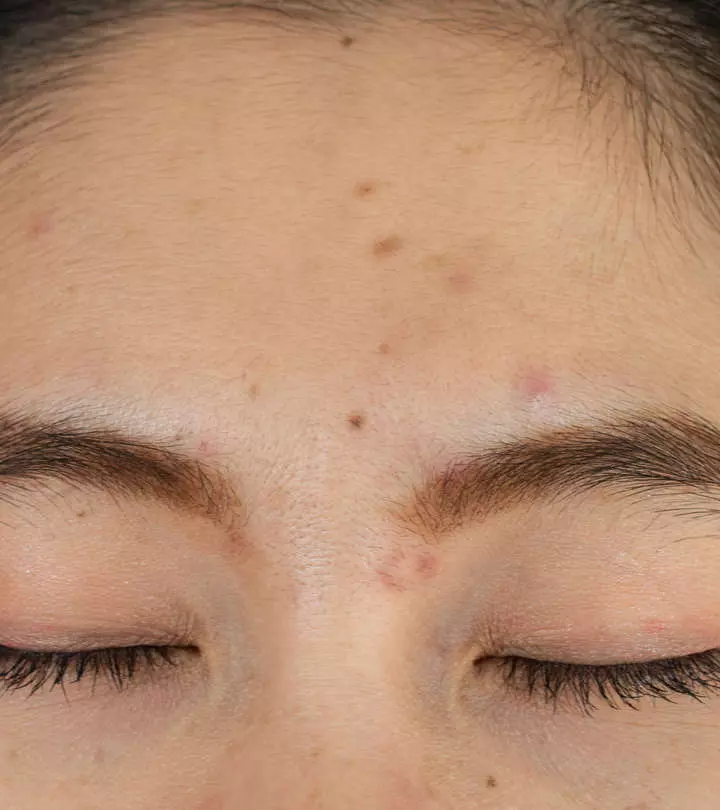

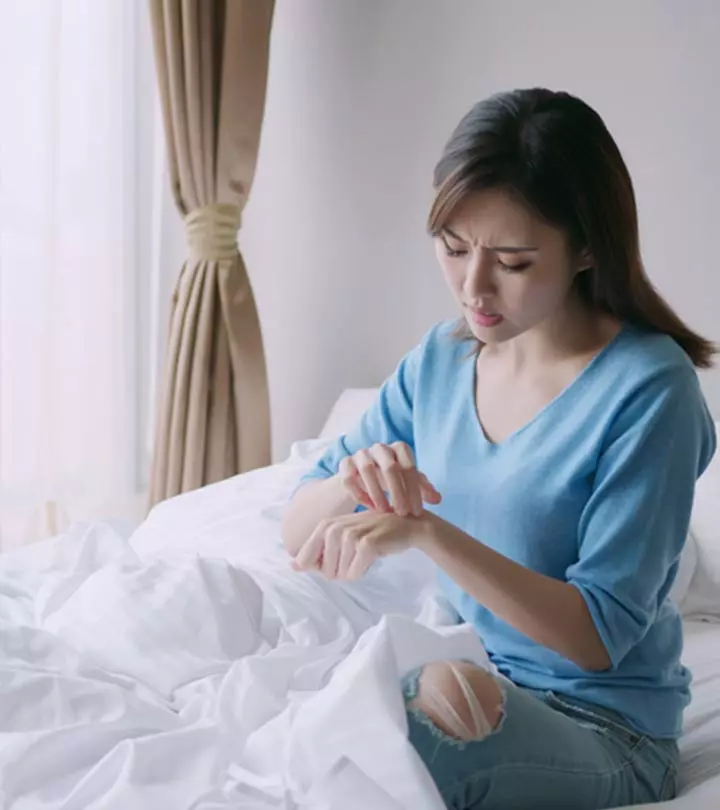
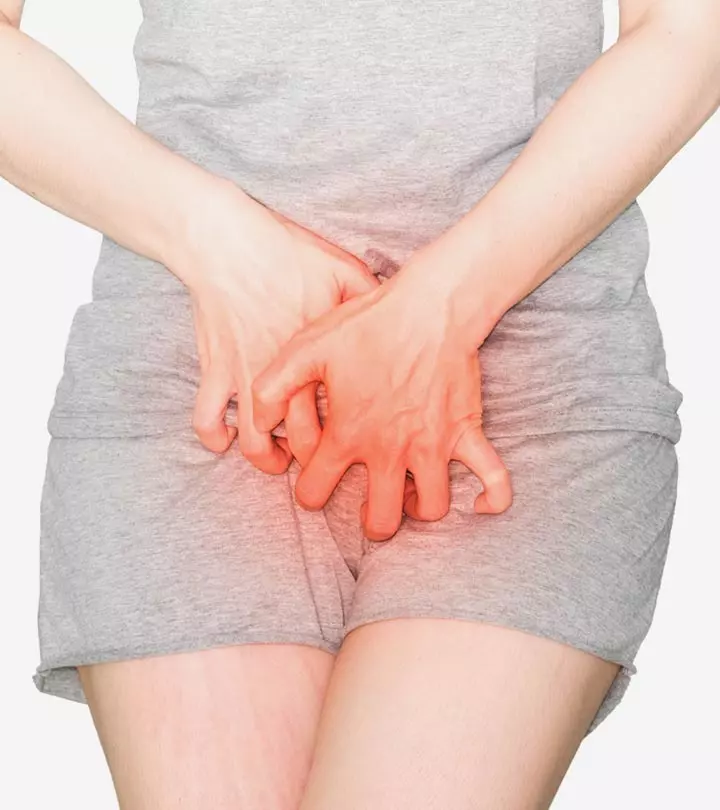
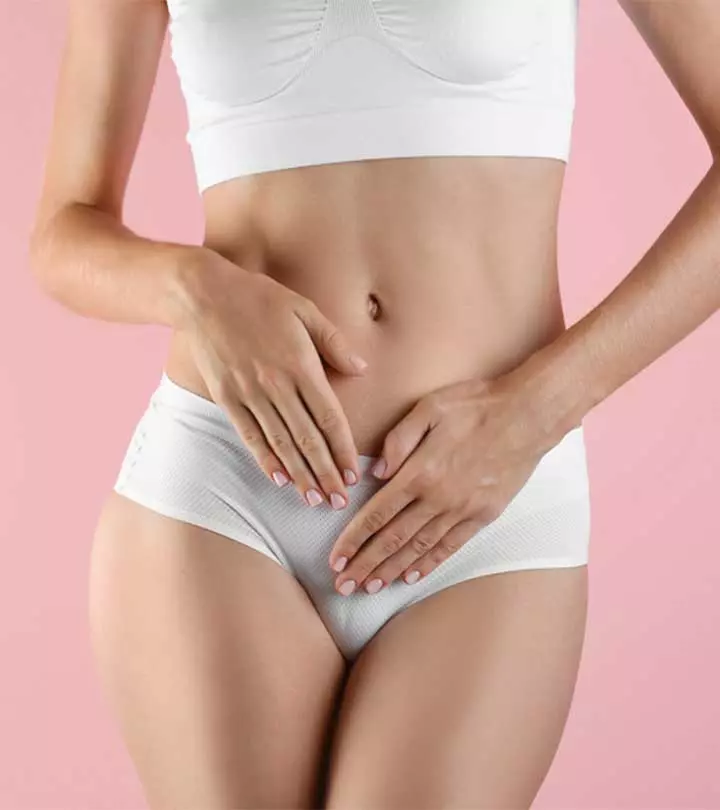

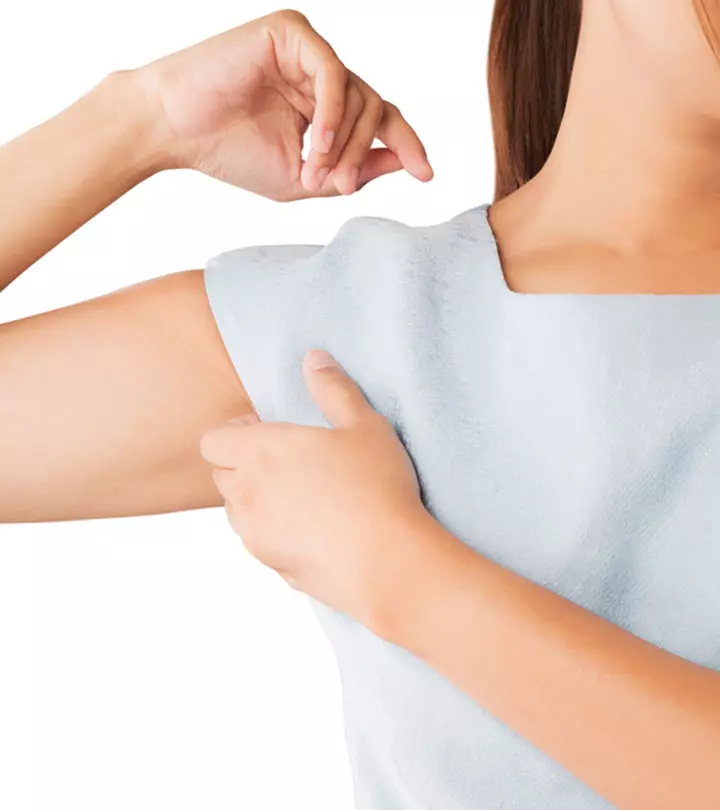
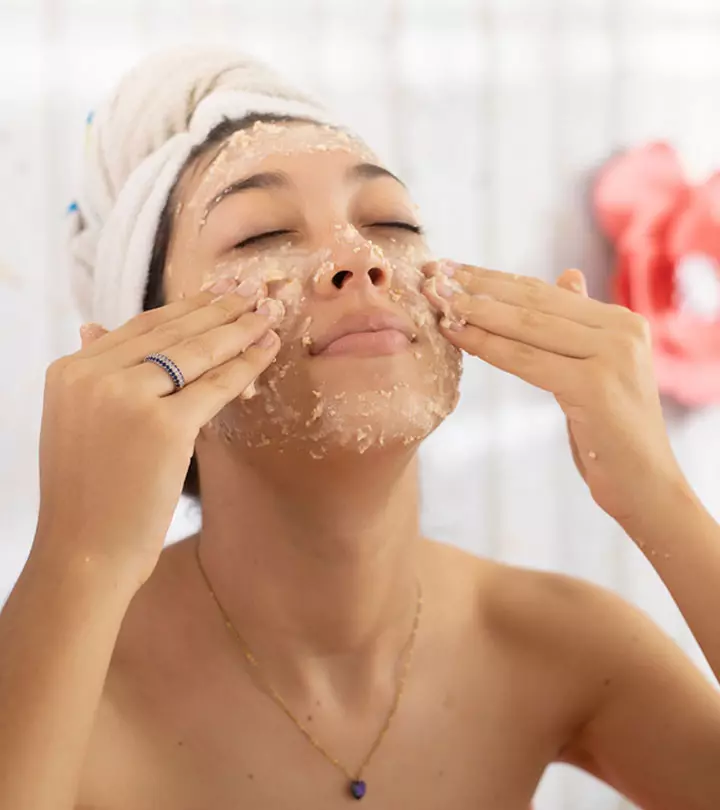
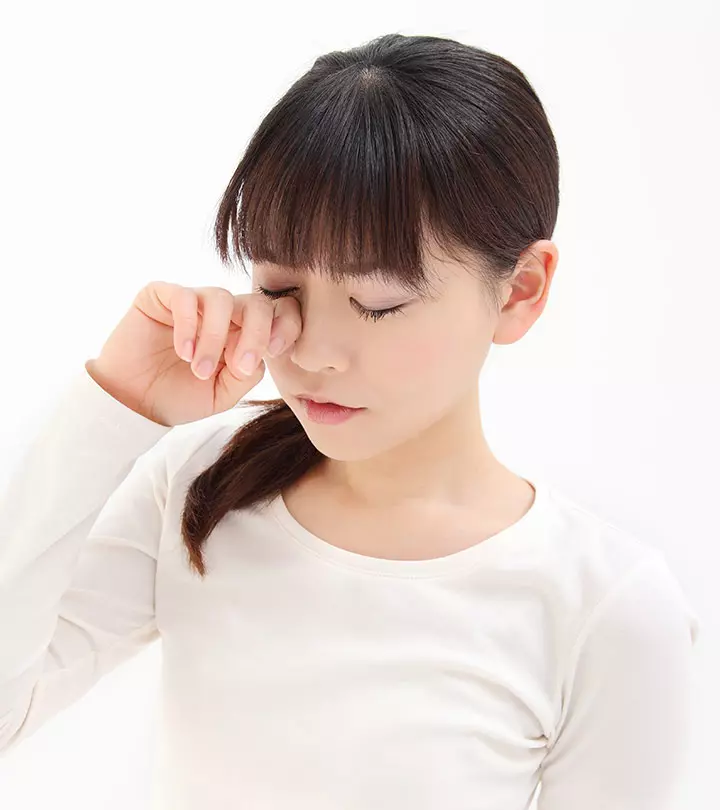
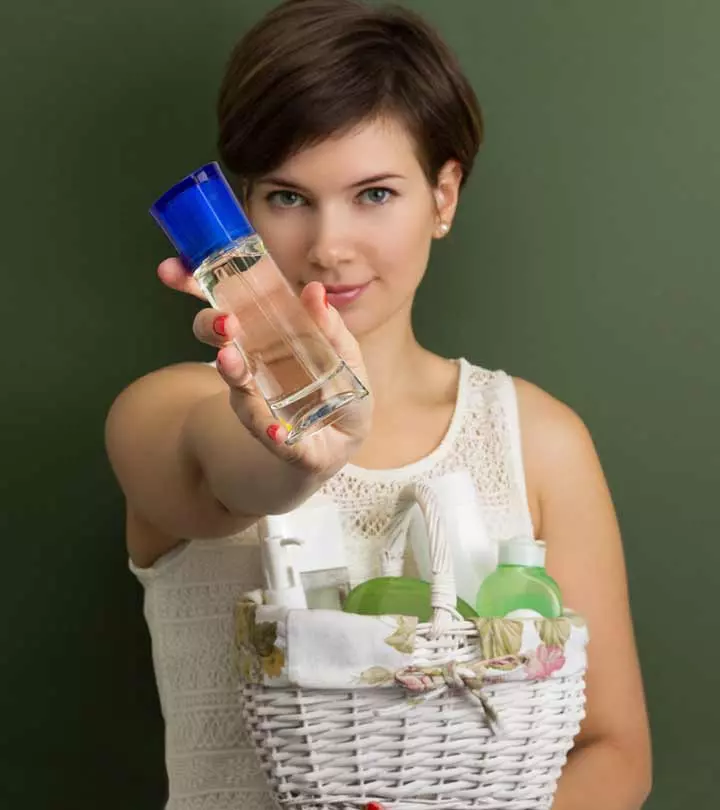
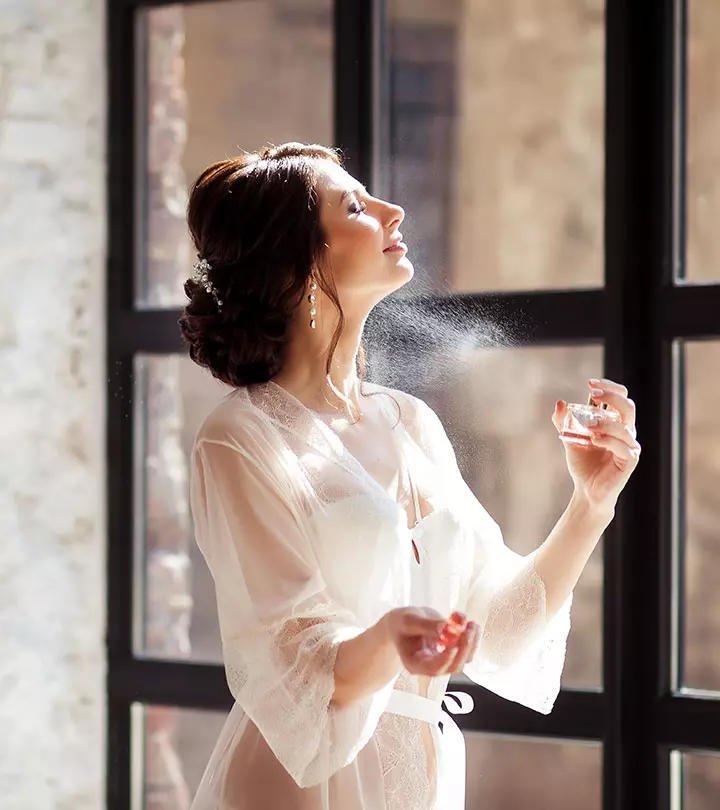
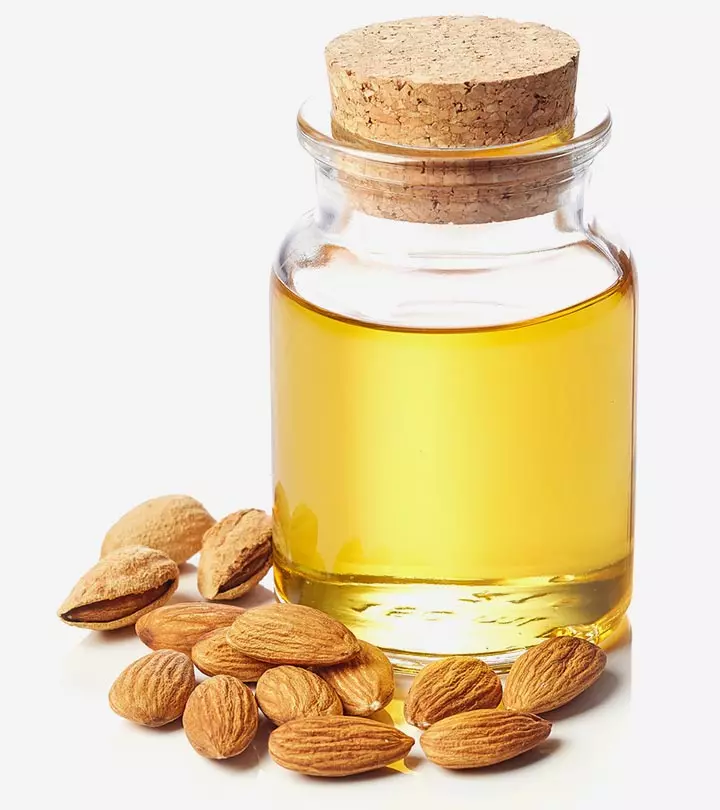
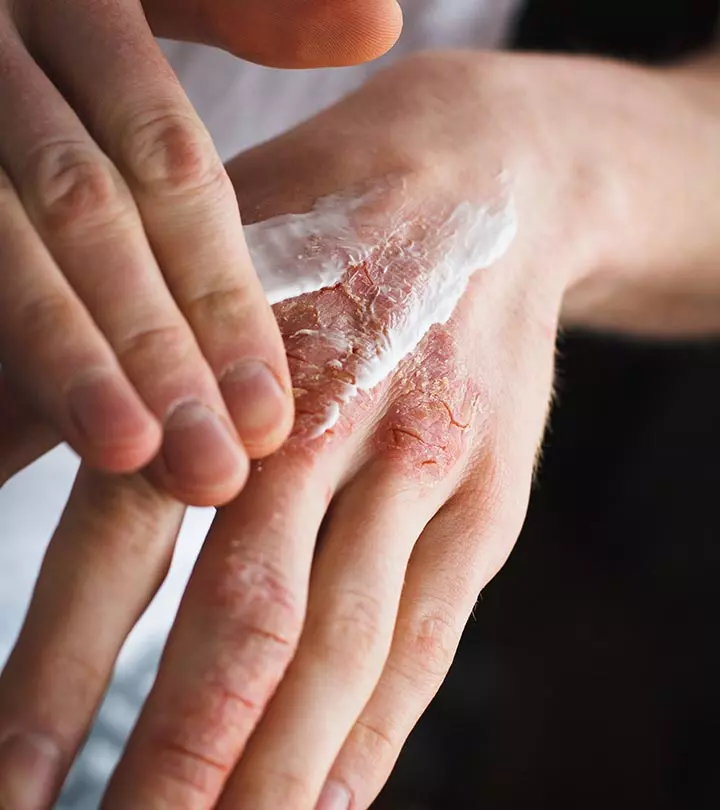
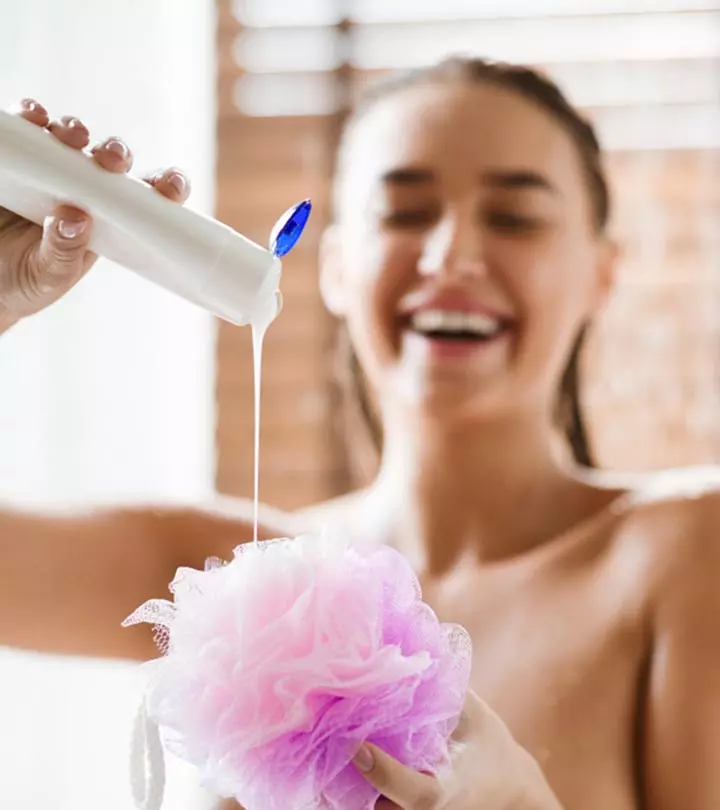
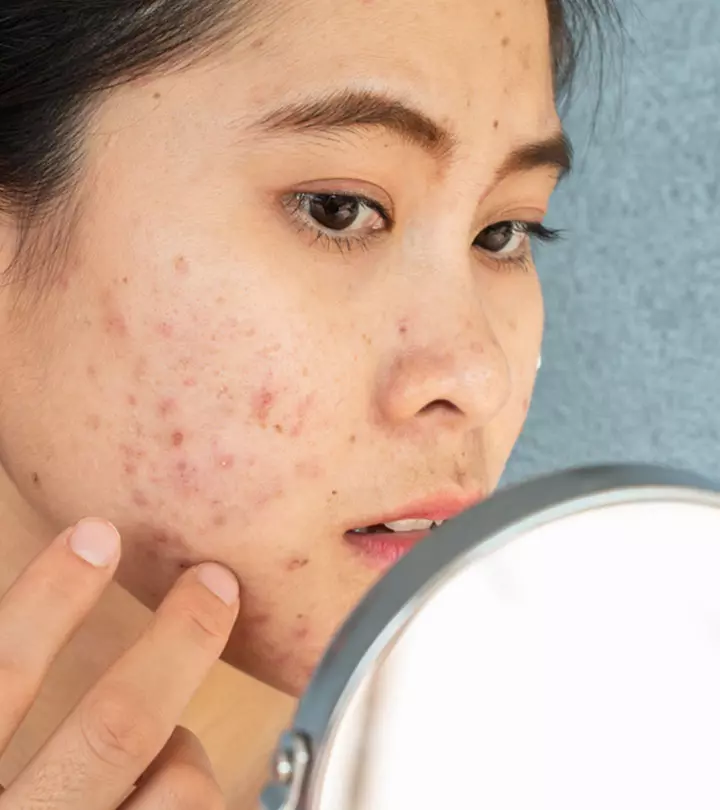
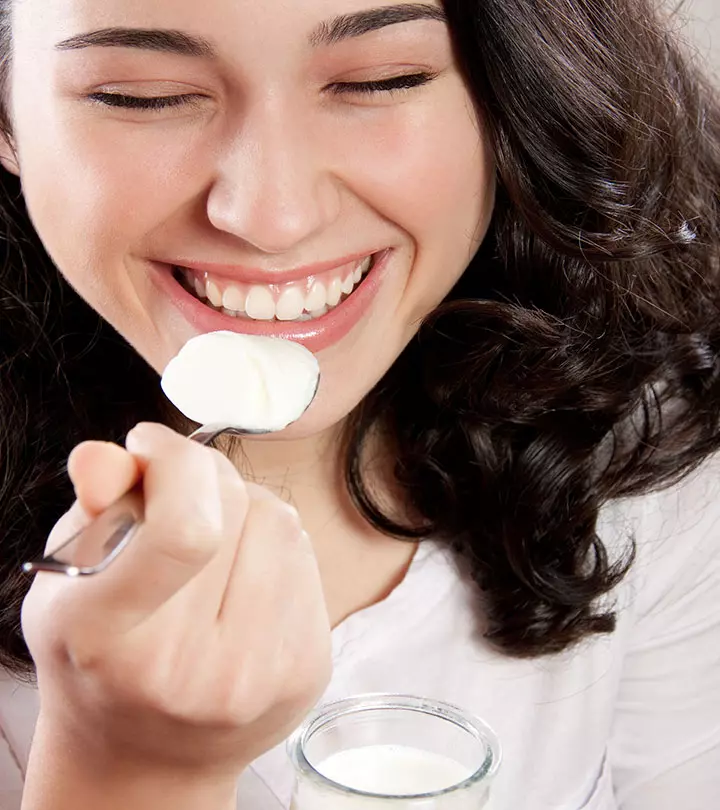
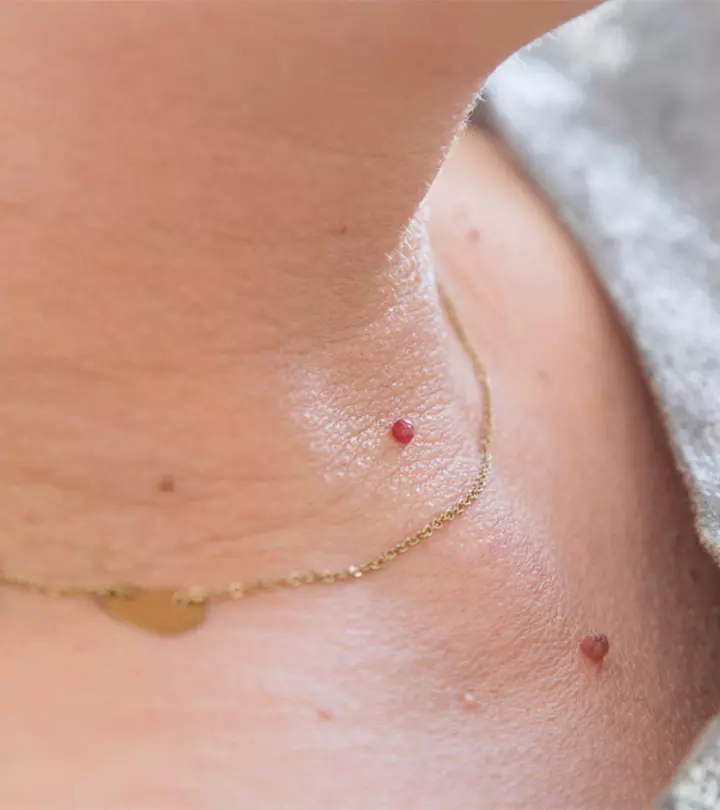
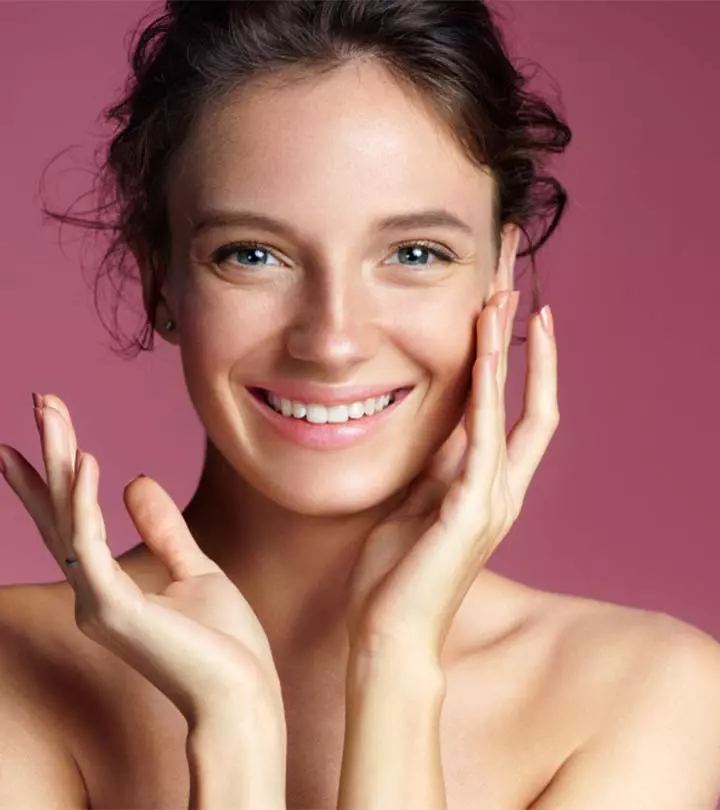
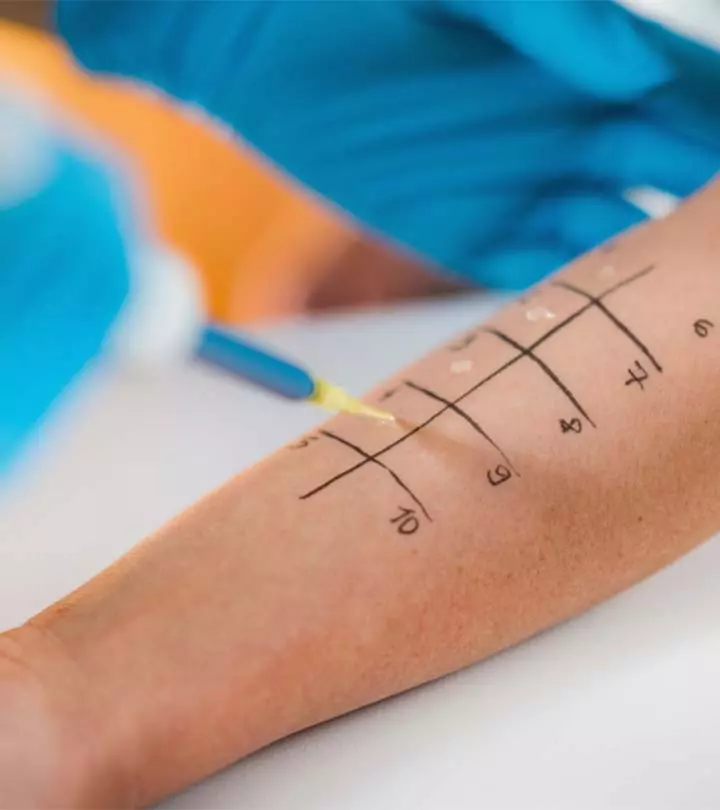

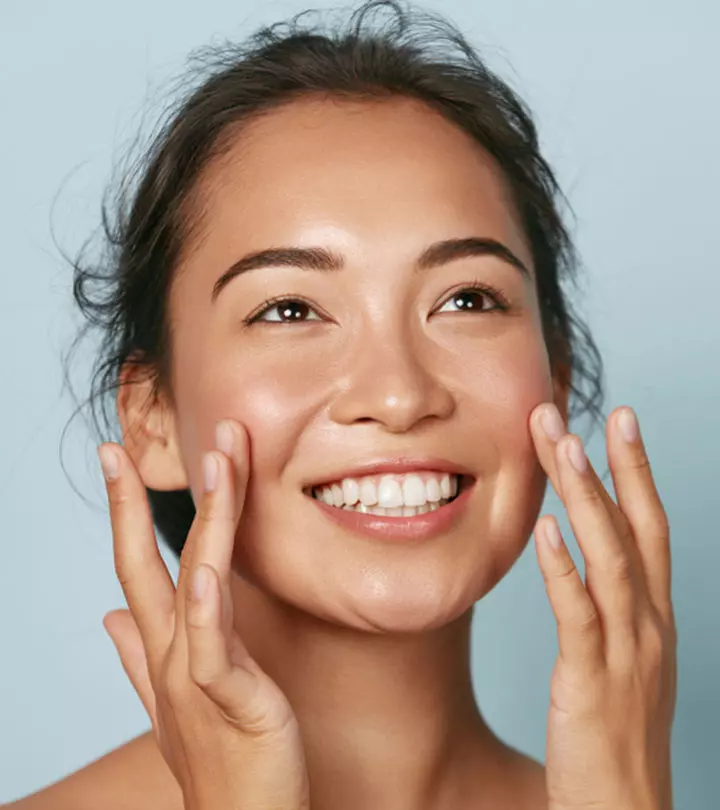
Community Experiences
Join the conversation and become a part of our empowering community! Share your stories, experiences, and insights to connect with other beauty, lifestyle, and health enthusiasts.